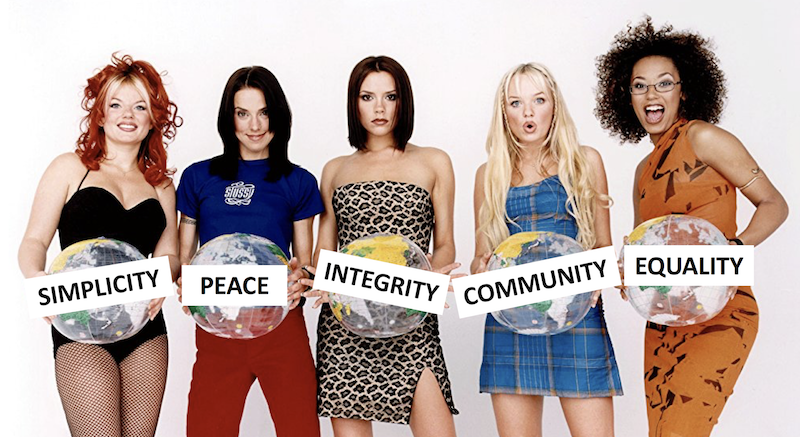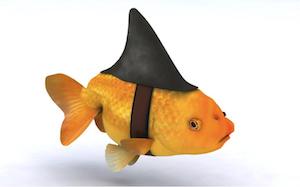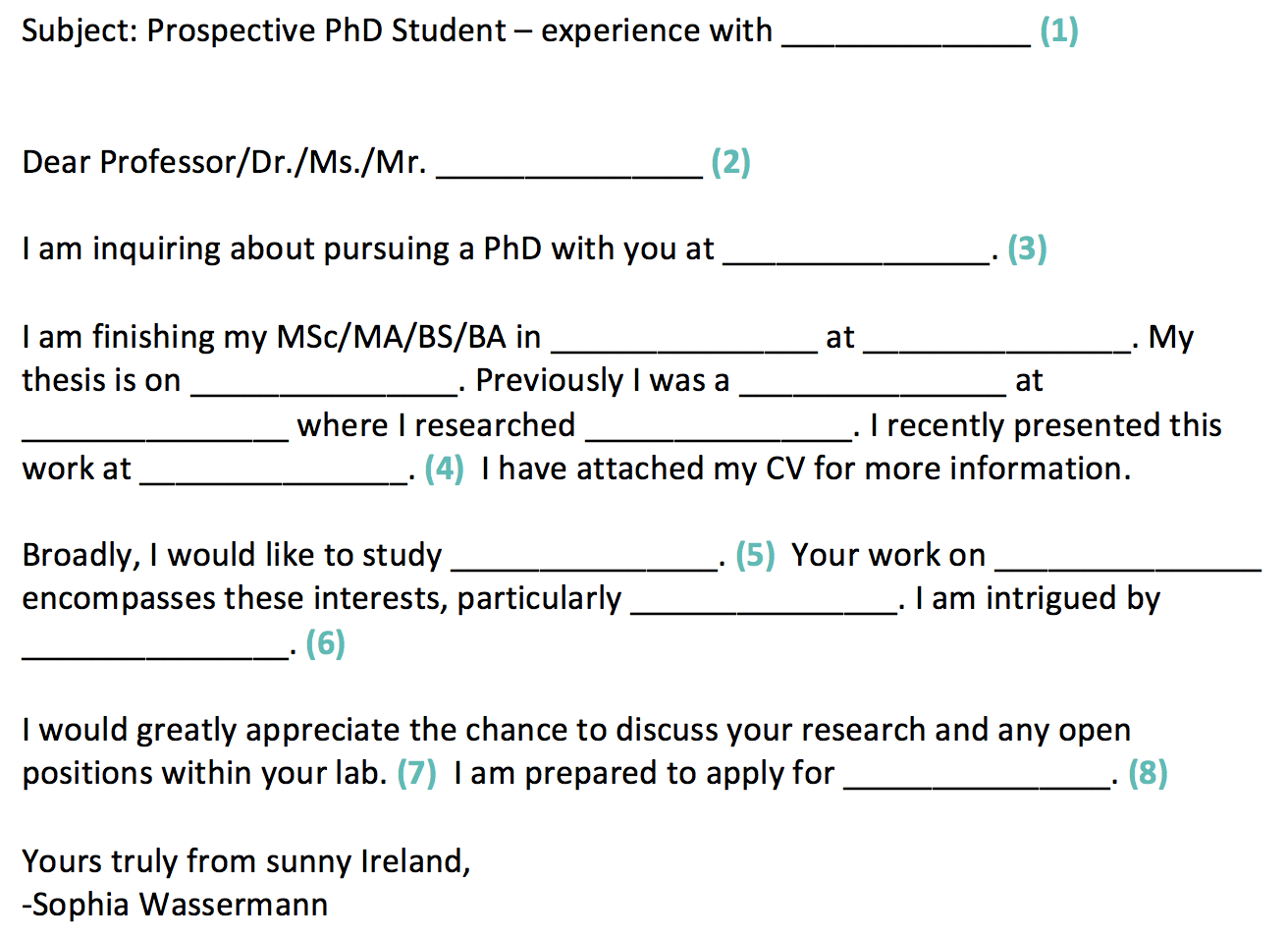In her article for FemSTEM, Melissa C. Márquez makes the excellent point that cold emails are an essential part of networking. If you’re not familiar with the term, emails are ‘cold’ when you are contacting someone whom you haven’t met or communicated with previously. They can be scary to send, but they’re how I ended up doing research in Iceland and how I got my PhD project. Cold emails are particularly nerve-wracking when you’re contacting someone you greatly respect. However, in this post, I want to break down the difference between respecting someone and fearing them. I think viewing your worth as equal to those further along in their careers can help combat “imposter syndrome” and improve your self-confidence. I’ll also give you my tried and tested cold email format.
In my last blog post, I talked about my personal history with math in academia, but this week I’ve been thinking about a different part of my upbringing: how I was taught to view authority figures. I went to a Quaker school for all of my primary and secondary education (K-12). A nominally Christian group, the modern Society of Friends (the organization with which my school was associated) is based around five “testimonies”: S.P.I.C.E.

btw sometimes people add 'stewardship' as the sixth testimony, which I like :) and yes, this brief introduction to Quakerism was entirely to use this graphic of the Spice Girls that I just made in Powerpoint instead of working on a conference poster.
These are great goals for anyone, let alone an academic. Though all have influenced me in different ways, equality was at the heart of my education. We called our teachers by their first names to the point where my mom was worried I’d offend an adult outside of school by addressing them too informally. As such, I’m extra careful of proper titles, but I’m also much less intimidated by my professional superiors. Small classes in college helped with that attitude, but being a little kid who saw her teachers as human first and professionals second helped the most.
A common Quaker saying is: ‘there is that of God in everyone.’ You don’t have to believe in a higher power to use the phrase, which means that everyone is made of the same essence and has the same fundamental worth. When I contact someone I respect, I remind myself that I am worthwhile, that I, as an intelligent person and a capable student, have skills and ideas that my contact will want to hear about. Then, I remind myself that we’re all just human. It’s easier to send an email when you’re thinking of them as someone sitting behind a computer, rather than an idol.
And, if all else fails, fake it ‘til you make it.

via https://goo.gl/4v4LpZ
Anatomy of a cold email
To that end, here is an example of the cold email format I use. I’ve written it for a prospective PhD position, but it can be adapted.

Notes:
- The subject line should be short but attention-grabbing. Highlight a skill or passion that is particular to that lab or that field, especially if your contact has a prospective student section on their website that mentions particular skills. For example, in the past I’ve put my experience with R.
- Make sure you get their name right, including their title. Preferred titles can depend on culture. For example, in the U.S., anyone teaching at a university can be called Professor, whereas elsewhere in the world, that title is reserved for those who hold a full professorship. Either way, just be sure you don’t call someone with a PhD Mr or Ms.
- Double check that you’ve put the correct university or organization, especially if you’re sending multiple emails.
- Give some detail on your background, but you don’t want the email to get too long. Stick to your (approx.) 2 most recent positions and attach your CV for more info. Cherry-pick any skills they’ve mentioned as desirable.
- Give a brief description of your research interests. It’s powerful to be able to describe your interests and how they intersect with your contact’s. For example, my general description is: ‘interested in quantitative approaches to issues at the intersection of fisheries and climate change’ and I would specify where in that I see their work fitting. Aim for 1-2 sentences.
- Make sure you’ve done your research on their research. Don’t just read their website or their twitter feed and paraphrase (or worse, restate) the main point. Read a couple of recent papers so you have specific points to bring up. Express an opinion beyond “I found __ fascinating”. But, remember to keep it short, so stick to 1 or 2 points.
- Skype calls are awesome. I’ve gently suggested a follow-up call here, but be more explicit if you’d like to, i.e. If you have the time, I would like to discuss your research further over a phone call / Skype.
- In the current global funding environment, it’s good to have researched different funding sources, i.e. NSF, NERC, NSERC, IRC, etc.
Lastly, remember that the people you are emailing are likely very busy. It’s fine to re-send the email, but make sure you leave at least a week for them to reply.
Now go forth and….

